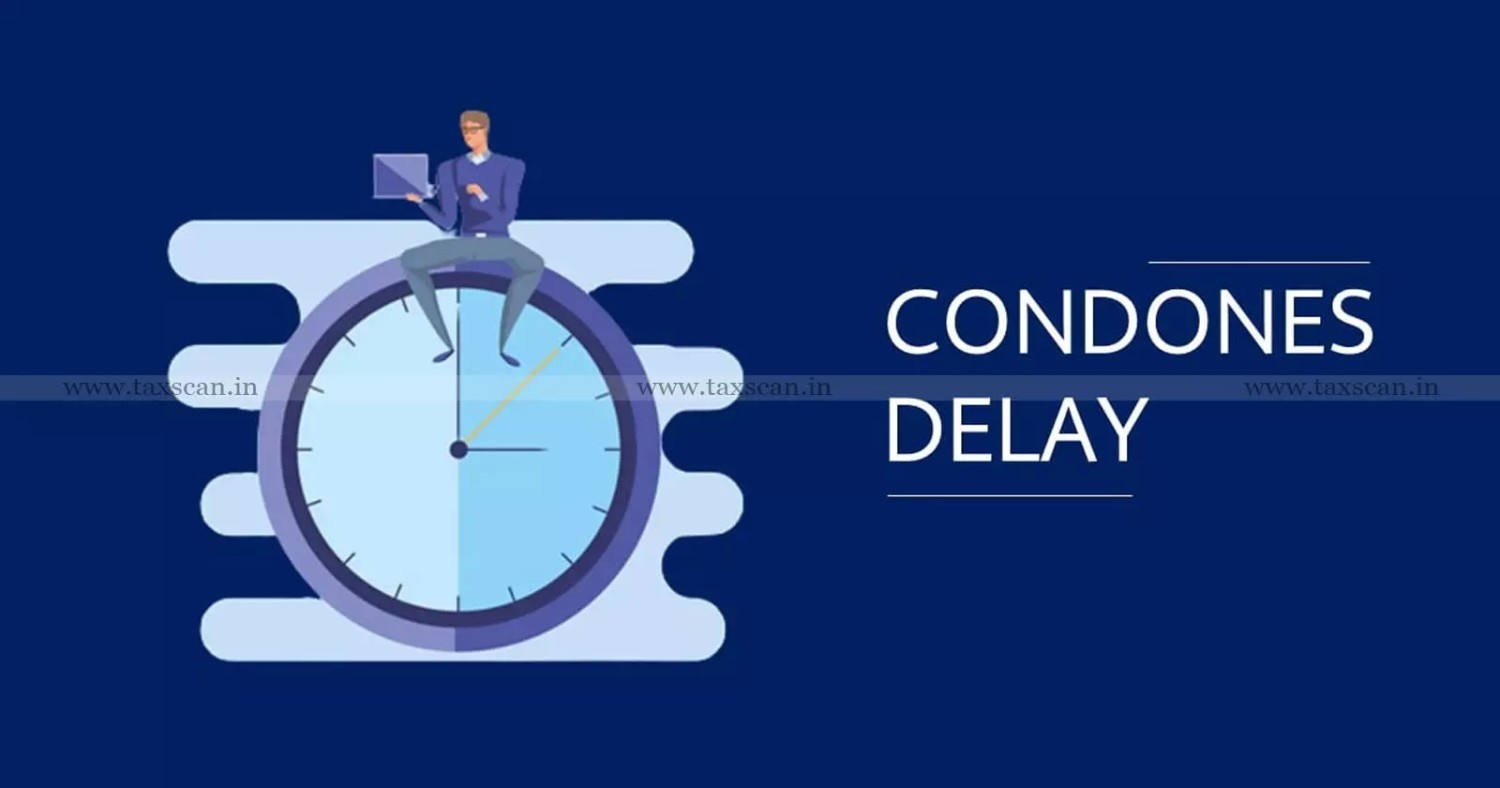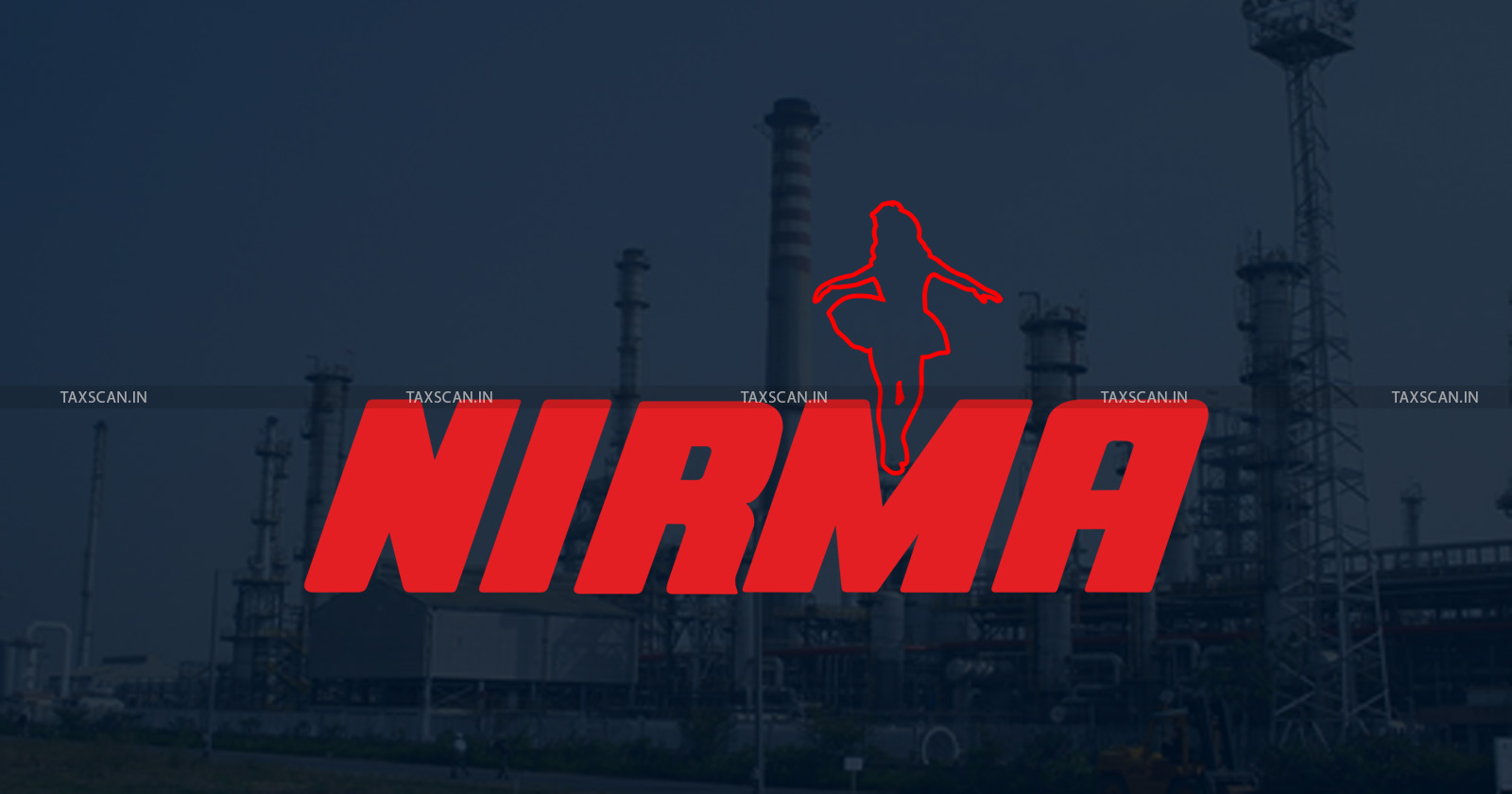No ITC Benefit to be Passed by IREO if Flat Fully Constructed & Paid for Pre-GST Rollout: GSTAT Notes Price has Non-Creditable Taxes [Read Order]
GSTAT applied the rationale laid down by the Delhi High Court in the case of Reckitt Benckiser India Pvt. Ltd
![No ITC Benefit to be Passed by IREO if Flat Fully Constructed & Paid for Pre-GST Rollout: GSTAT Notes Price has Non-Creditable Taxes [Read Order] No ITC Benefit to be Passed by IREO if Flat Fully Constructed & Paid for Pre-GST Rollout: GSTAT Notes Price has Non-Creditable Taxes [Read Order]](https://images.taxscan.in/h-upload/2025/11/10/2103881-whatsapp-image-2025-11-10-at-43025-pm.webp)
The Principal Bench of the Goods and Services Tax Appellate Tribunal (GSTAT) at New Delhi recently held that no Input Tax Credit (ITC) benefit needs to be passed on by a builder when flats were fully constructed and full price for the same was paid prior to the implementation of GST on 1 July, 2017 as the sale price contains non-creditable taxes such as Central Excise Duty and Entry Tax.
The proceedings originated from an Investigation Order issued by the National Anti-Profiteering Authority (NAA) directing an inquiry into three projects of Ireo Pvt. Ltd., namely - “Skyon”, “Ireo City Central” and “Managed Service Apartment.”
 Also Read:Delhi HC refuses to Condone Delay in GST Appeal, upholds Strict 4-Month Statutory Limitation in Moms Cradle Case [Read Order]
Also Read:Delhi HC refuses to Condone Delay in GST Appeal, upholds Strict 4-Month Statutory Limitation in Moms Cradle Case [Read Order]
Following the investigation, the Directorate General of Anti-Profiteering (DGAP) submitted its first report on 15 December 2021.
The DGAP subsequently undertook a reinvestigation in compliance with the directions on computation methodology as advised by the Delhi High Court in Reckitt Benckiser (India) Pvt. Ltd. v. Union of India (2019). DGAP conducted a project-wise comparison of the ratio of Input Tax Credit (ITC) to purchase value for the period from 1 July 2017 to 31 March 2024 based on detailed ledgers, statutory returns and supporting documents furnished by Ireo.
In the case of the “Skyon” project, the DGAP analysis reflected pre-GST purchase value, excluding taxes and duties of ₹5,13,87,58,946, and post-GST purchase value of ₹1,14,00,46,423. The corresponding pre-GST CENVAT credit was ₹31,64,28,447, while post-GST ITC stood at ₹73,93,179.
 Also Read:Nirma Ltd Cleared of Profiteering Charges: GSTAT confirms No Contravention of S. 171(1) GST Act, Accepts Report of DGAP [Read Order]
Also Read:Nirma Ltd Cleared of Profiteering Charges: GSTAT confirms No Contravention of S. 171(1) GST Act, Accepts Report of DGAP [Read Order]
These figures yielded ITC-to-purchase ratios of 6.16% pre-GST and 0.65% post-GST, thus showing no incremental benefit under GST. For the combined “Ireo City Central” and “Managed Service Apartment” projects, the pre-GST purchase value was ₹1,17,59,37,173 and post-GST value ₹26,08,84,580, with pre-GST credit of ₹7,16,92,557 and post-GST ITC of ₹9,58,827, resulting in ratios of 6.10% and 0.37% respectively.
Accordingly, DGAP ruled that there was no increase in ITC benefit and therefore there arose no requirement to pass on any monetary benefits to homebuyers by virtue of the GST rollout.
The matter thereafter came before the GST Appellate Tribunal (GSTAT) at the Single Bench of Anil Kumar Gupta, Member (Technical). The bench examined the issue in light of the Delhi High Court’s judgment in Reckitt Benckiser (supra), particularly paragraphs 124 to 129, wherein the Court clarified that the benefit of input tax credit under GST cannot be extended to transactions that were fully completed before the implementation of GST on 1 July 2017.
The High Court clarified that where a flat was fully constructed and paid for before 1 July 2017, the sale price already included the burden of non-creditable taxes such as Central Excise Duty and Entry Tax and thus no benefit of ITC was required to be passed on under Section 171 of the CGST Act.
 Also Read:‘GSTAT Now Functional’: Telangana HC Directs to File Appeal Before Tribunal, Denies Adjustment of Tax Paid as Pre-Deposit [Read Order]
Also Read:‘GSTAT Now Functional’: Telangana HC Directs to File Appeal Before Tribunal, Denies Adjustment of Tax Paid as Pre-Deposit [Read Order]
Applying the same reasoning, GSTAT observed that Ireo’s relevant units were constructed and payments completed before the introduction of GST, accordingly no anti-profiteering provisions were attracted and no benefit of ITC or tax rate reduction was required to be passed on.
Accordingly, GSTAT dropped the proceedings.
Support our journalism by subscribing to Taxscan premium. Follow us on Telegram for quick updates


